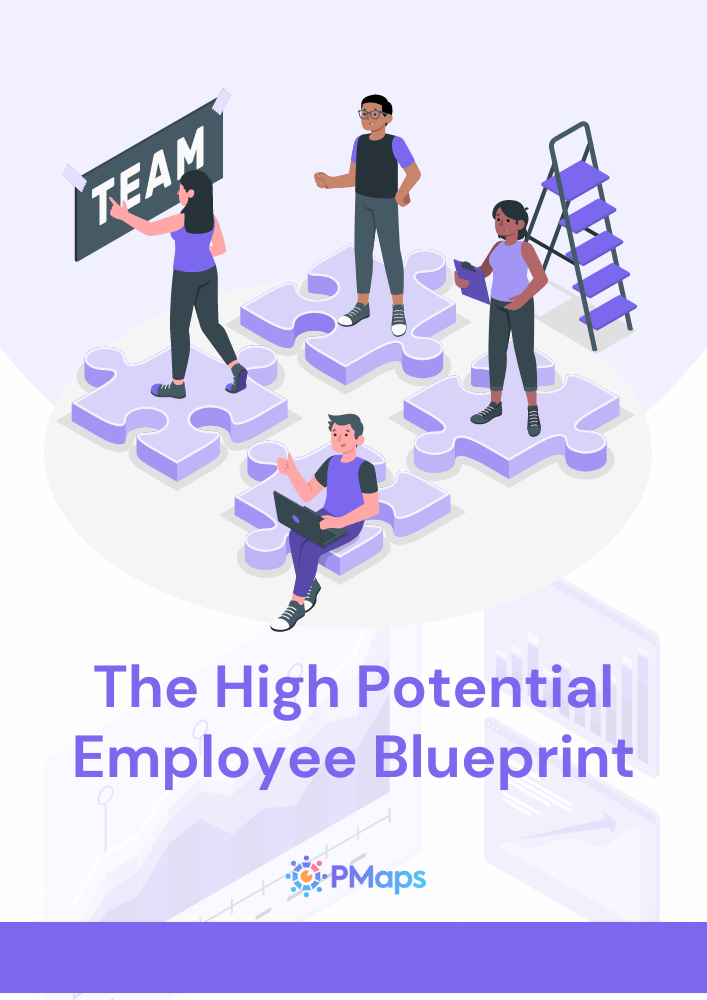
Spread the love
Breaking Down the Cognitive Bias in Recruitment
In the world of hiring, every decision we make can shape our organization's future. One important thing to know about is the “Halo Effect.” This is like a trick our minds play on us when we're evaluating job candidates.
This effect makes us see someone in an overly positive light because of one impressive thing about them. Imagine you meet someone charming, maybe they have a great smile. Your brain might start thinking, “He/She seems like a good person!” But that one impressive smile can cloud your judgment.
What Is the Halo Effect?
The Halo Effect in hiring occurs when a recruiter or employer becomes overly influenced by one positive trait or aspect of a candidate, thereby assuming that the candidate is excellent in all respects. A candidate's overall suitability for a job may be overlooked due to cognitive bias, which can result in flawed hiring decisions.
For example, if a candidate has an impressive educational background or an excellent skill in one area, the hiring manager may unconsciously assume that they possess all the necessary qualities for the job, such as teamwork, adaptability, or problem-solving skills. This can result in overlooking potential weaknesses or red flags in other aspects of the candidate's qualifications.
To combat the Halo Effect in hiring, recruiters and employers need to use structured interview processes, standardized assessments, and multiple evaluation criteria. This helps ensure a more comprehensive and objective assessment of a candidate's capabilities, rather than relying solely on one standout trait. It's important to remove the “rose-colored glasses” and evaluate candidates holistically to make more informed and fair hiring decisions.
How Does the Halo Effect Manifest in Hiring?
In the context of recruitment, the Halo Effect can manifest in various ways:
- Resume Impressions: Think of it like reading a book by its cover. When recruiters see a super impressive resume with lots of accomplishments, it's like seeing a flashy book cover. They might assume that the person is amazing at everything, even if they haven't dug deeper to check.
- First Impressions: Imagine you meet a candidate for the first time, and they're friendly and confident. It's like meeting someone at a party who's a great conversationalist. Your brain might say, “This person is fantastic!” But that's just based on that first impression, and you might not notice their weaknesses.
- Personal Chemistry: Sometimes, recruiters might like a candidate because they have a similar hobby or just get along well. It's like becoming friends with someone who loves the same music as you. However, this personal connection can make recruiters overlook the fact that the candidate might not be the best fit for the job.
So, in hiring, the Halo Effect can make us focus too much on these initial, positive things and miss out on the bigger picture about whether a candidate is truly right for the job.
Check out our Guide on Psychometric Test in Recruitment
The Consequences of the Halo Effect on Hiring Decisions
The consequences of the Halo Effect in hiring are profound:
- Biased Assessments: Recruiters might not notice the candidate's weaknesses or where they don't quite fit the job.
- Missed Talent: Some super-talented folks might not have that “wow” factor, but they could be perfect for the job. The Halo Effect can make recruiters miss out on these hidden gems.
- Reduced Diversity: Recruiters might prefer candidates who are similar to them or fit a certain mold. This can lead to a lack of diversity in organizations because they're not considering a broader range of talents.
So, the Halo Effect can have some big consequences in hiring, from missing out on great candidates to making organizations less diverse.
Mitigating the Halo Effect in Hiring
To ensure fair and informed hiring decisions, organizations can take specific steps to mitigate the impact of the Halo Effect:
The interview process needs to be structured, just like cooking, by following a recipe. Instead of just chatting, ask specific questions related to the job. It's like making sure you check all the ingredients before deciding if a dish is good. This helps to keep personal biases from creeping in.
Increase the use of Blind Assessments. Imagine judging a talent show, but you cannot see the performers, only hear their performances. That's what blind assessments do. They focus on skills and abilities without revealing personal details, like names or backgrounds, that might lead to biases. It's a fairer way to evaluate candidates.
Diverse panels are like having friends with different tastes in music. You have a wider selection of songs to choose from when deciding what to listen to. Similarly, having a diverse group of people on the interview panel can help balance out biases. Each person brings a unique perspective, making it less likely for the Halo Effect to take over.
Conclusion
The Halo Effect can sway our decisions. But there's a way to fight against it! Use structured interviews to ensure every candidate gets the same important questions, like making sure every player gets the same rules in a game.
With PMaps, you can evaluate candidates objectively, focusing solely on their skills and abilities. It's like having a trusted partner who ensures that every candidate gets a fair shot, regardless of first impressions or personal biases.
So, when you're on the quest to find the perfect candidate, remember that PMaps is here to guide you. Our online Talent Assessments help you see the true potential in each candidate, free from the shadow of the Halo Effect. It's a step towards making your hiring process more accurate, fair, and ultimately, successful.
If you're curious about using PMaps' smart tools to hire even smarter, you can contact us- ssawant@pmaps.in today or book a demo.









